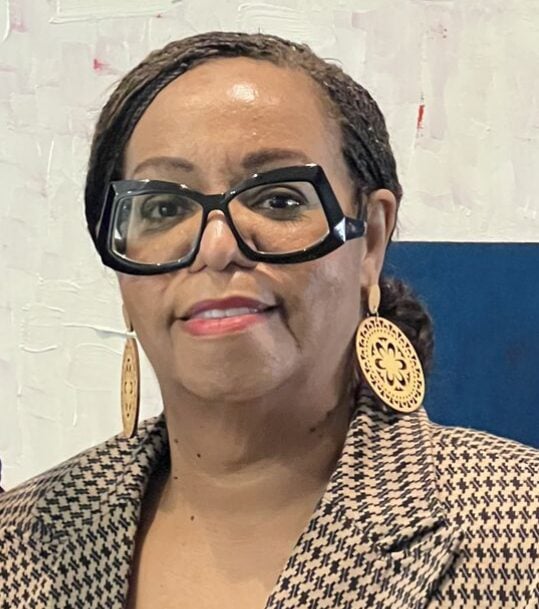Women have long been at the forefront of change — advocating for justice, leading communities forward and innovating in industries that shape our future.
Yet the Indiana Statehouse continues to catapult legislation detrimental to women and children — legislation that will prop up fossil fuels, nuclear, hydrogen and untested geotechnologies like carbon capture sequestration.
These false solutions will negatively impact women and their families for decades.
Nuclear is a false solution for climate change because it will take decades to build, and the crisis is now. And if a nuclear reactor ever gets built, who is stuck holding the radioactive waste? Hoosiers can’t afford to pay our electric bills, especially single moms struggling to care for their families. Hoosiers can’t pay additional health costs, especially women living on the front lines of pollution and who would incur yet another burden like radioactive waste directly impacting our and our children’s health.
We want green and clean energy jobs like solar, wind and geothermal.
Yet in the American energy sector, women remain dramatically underrepresented, underpaid and under-supported. This is not just a gender issue but an economic and environmental imperative.
If we want to be serious as a state and a nation about a just energy transition — one that is sustainable, equitable and inclusive — then policymakers must take action to ensure women, especially women of color, have a seat at the table.
According to the U.S. Department of Energy, women held just 27% of jobs in the energy sector in 2023 despite making up nearly half of the overall workforce. The disparities run even deeper at leadership levels, where fewer than 15% of senior managers in the energy sector are women. Even when we do break into this male-dominated field, we face a persistent wage gap, earning 15% less than men with the same skills and qualifications.
These inequities have real consequences — not just for the women affected but for our entire economy and environment. In an industry that must rapidly evolve to address climate change and environmental justice, we cannot afford to exclude women’s expertise and perspectives.
Global data show that we can do better. A recent report from the International Renewable Energy Agency found solar photovoltaic is the leading employer in the renewable energy sector both with respect to the number of employees and gender balance. Women accounted for 40% of the 4.3 million people employed in solar photovoltaic jobs worldwide in 2021.
This issue is deeply personal. For Black, Indigenous and other women of color, the barriers to participation in the energy industry are compounded by systemic challenges, including environmental racism and economic disparities. Our communities are disproportionately impacted by pollution, extreme weather events and energy insecurity. Yet, we remain sidelined in the decision-making processes that determine our future.
As we celebrate Women’s History Month, it is the perfect time to center these conversations for policymakers in our state.
On March 17, we are calling on 1,000 women to stand with civil and human rights leaders at this moment at the NAACP Indiana State Conference Legislative Day. We will bring advocates from across the state to the Statehouse to discuss key environmental and climate justice issues. We hope to elevate the need for more women of color to be engaged in energy and environmental solutions to our state’s most compelling challenges.
The call to action is clear: Policymakers should take deliberate steps to invest in a clean and green energy future that will create high-paying jobs for women. They also must address the broader environmental injustices that disproportionately impact women of color and our communities.
Women belong in energy — as consumers, leaders, innovators and decision-makers. It’s time to start making that goal a reality.
Denise Abdul-Rahman is the founder and chief equity officer of Black Sun Light Sustainability.




